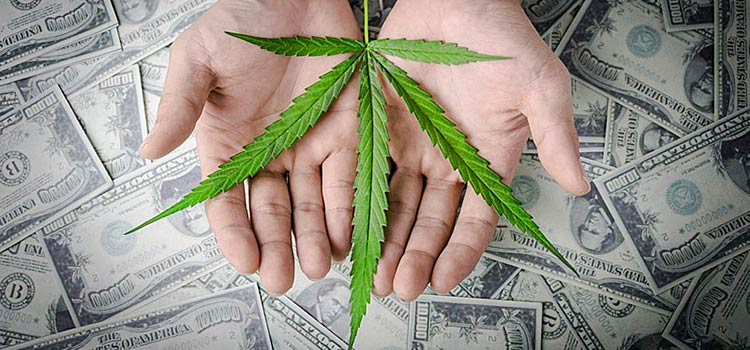Regional Cannabis Reform Negatively Impacts Mexican Cartel Profits
According to a recently published report by the U.S. Congressional Research Service (CRS), regional reforms legalizing marijuana across the United States have significantly affected the business model of Mexican drug cartels. Over the past decade, these reforms have deprived criminal organizations of a substantial portion of their income by replacing smuggled marijuana with legally produced products.
“Based on the latest statistics and a comparison with data from the late 2000s, it is clear that marijuana legalization in certain U.S. regions, along with federal reform in Canada, has had a major impact on the activities of Mexican drug cartels. In fact, these organizations have been almost entirely deprived of the profits they once generated from the mass import of smuggled marijuana from Mexico,” the report states. “Currently, all major criminal organizations in Mexico have largely abandoned the production and smuggling of marijuana in favor of other illegal substances that do not have legal counterparts in the United States.”
The report also suggests that the already dwindling segment of the Mexican underground marijuana market could be completely eliminated by federal legalization in the U.S.—a possibility that has been actively discussed in Congress since the beginning of this year.
Specifically, the report notes that by the end of 2019, U.S. border services and Mexican federal authorities had discovered and destroyed about 91 tons of smuggled marijuana and 2,250 hectares of illegal plantations—a historic low since such statistics have been recorded.
According to the report, criminals have shifted from marijuana production to other plant-based substances, namely cocaine and opium, as well as synthetic substances, particularly analogs of pharmaceutical opioid painkillers.
“According to border service data, over the past five years, marijuana smuggling—based on arrest statistics—has dropped by about 78% compared to the beginning of the period,” notes another report on the topic, published by analysts at the Cato Institute in 2018. “At the same time, the average price of smuggled marijuana has fallen by 70% due to competition from higher-quality legal products produced in the U.S. and Canada.”
The findings of the new report are also supported by numerous other studies, such as an analysis by Chief Justice John Roberts published earlier this year, and a 2017 report by the U.S. Sentencing Commission, both of which note a significant decrease in arrests directly related to marijuana smuggling and illegal sales nationwide.
Of course, these studies also point out that despite the shrinking underground cannabis market and the weakening influence of cartels, the industry continues to adapt and survive under legalization. Its persistence—and even prosperity in some regions—is aided by excessively strict local regulations on the production and sale of legal marijuana, as well as differences in the plant’s legal status between states, which encourages the development of domestic smuggling.



